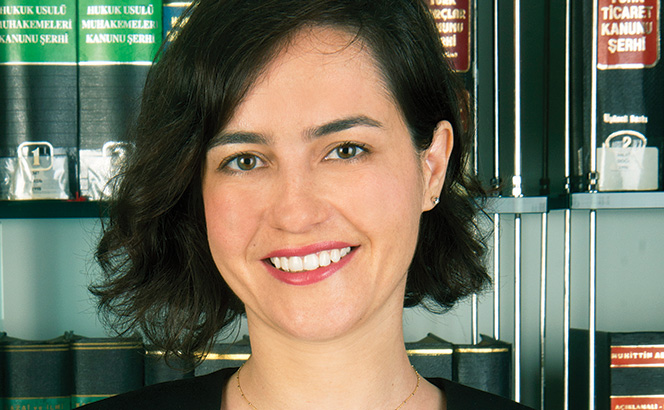
Sponsored briefing: Growing interest in asset deals
Yegan Liaje of Pekin & Pekin describes a rising interest in asset deals following a period of economic uncertainty in…

Yegan Liaje of Pekin & Pekin describes a rising interest in asset deals following a period of economic uncertainty in…

Murat Uyanık of Yavuz & Uyanık discusses Turkish labour law developments Turkey’s progress towards full membership of the EU had…

Led by Gönenç Gürkaynak, ELIG Gürkaynak’s competition practice has wide expertise in Turkish antitrust law ELIG Gürkaynak Attorneys-at-Law is an…

Matur & Ökten’s Bahar Nalan Danış discusses combining mediation and arbitration Today’s world is changing at a dazzling speed, and…
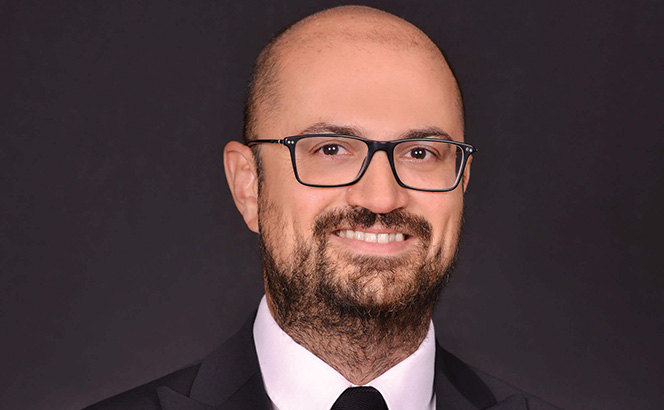
Mehmet Selim Yavuz of Yavuz & Uyanık discusses the effects of the new rules Prior to 2016, the Court of…

Gamze Çiğdemtekin (pictured, left) and İpek Batum (pictured, right) of Çiğdemtekin Çakırca Arancı assess what lies ahead for the deals…
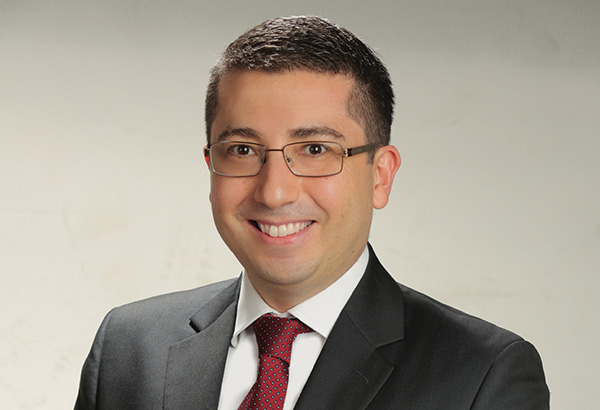
Yazıcı’s Kerem Arıç explores three key areas of growth for the country’s energy sector Due to its dependence on oil…
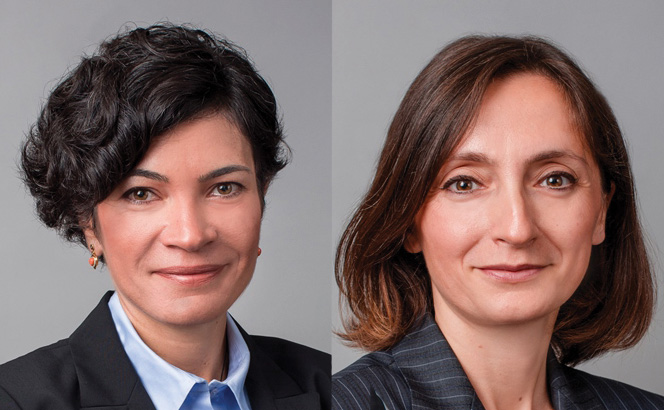
Eda Cerrahoğlu Balssen (pictured, left) and Sezin Dündar (pictured, right) of Cerrahoğlu discuss the legal requirement for mandatory mediation in…
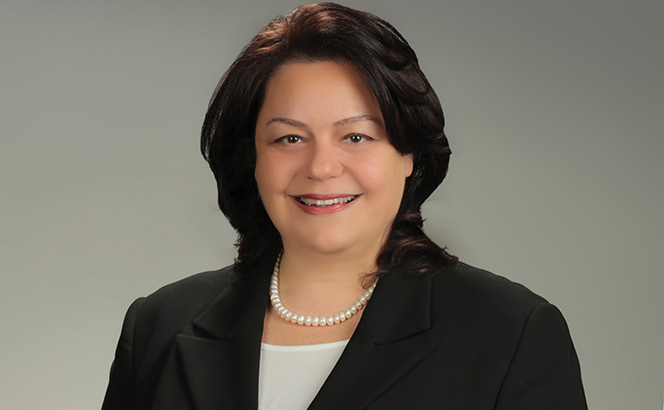
Yazıcı’s Bilge Müftüoğlu on the effect of government incentives on the energy sector There are major criteria that investors consider…

Ecem Yıldırım of Apak Uras outlines how distributorship agreements are dealt with under Turkish law a) General explanations We are…
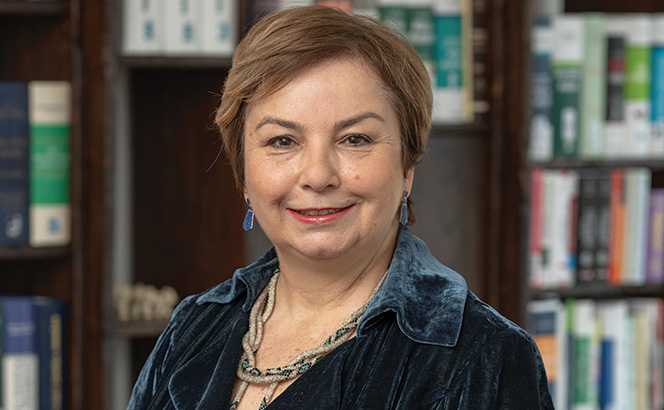
Vona Law Firm’s Gül Özdinç sets out a criticism of the European Council’s new regulation concerning restrictions on Turkey The…

Yasin Beceni and Susen Aklan of BTS clarify Turkey’s data protection regulations on data controller registry obligations Article 16 of…

Özge Atılgan Karakulak and Dicle Doğan of Gün + Partners explain how the country’s growing healthcare and pharma industries operate…